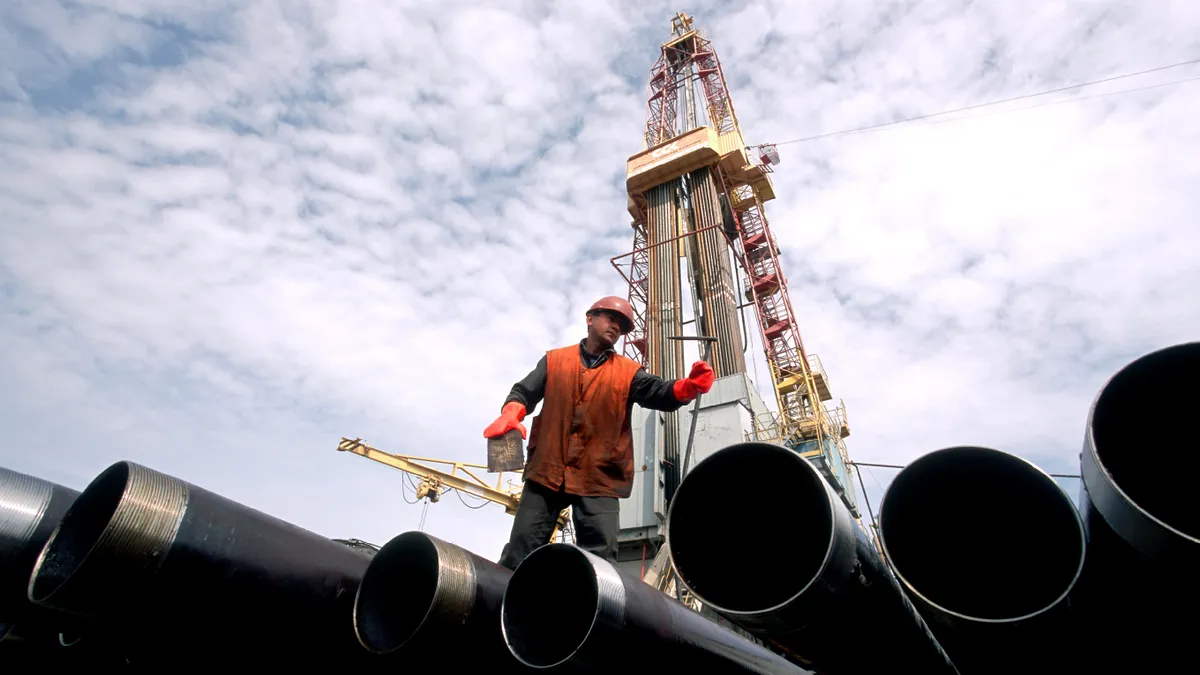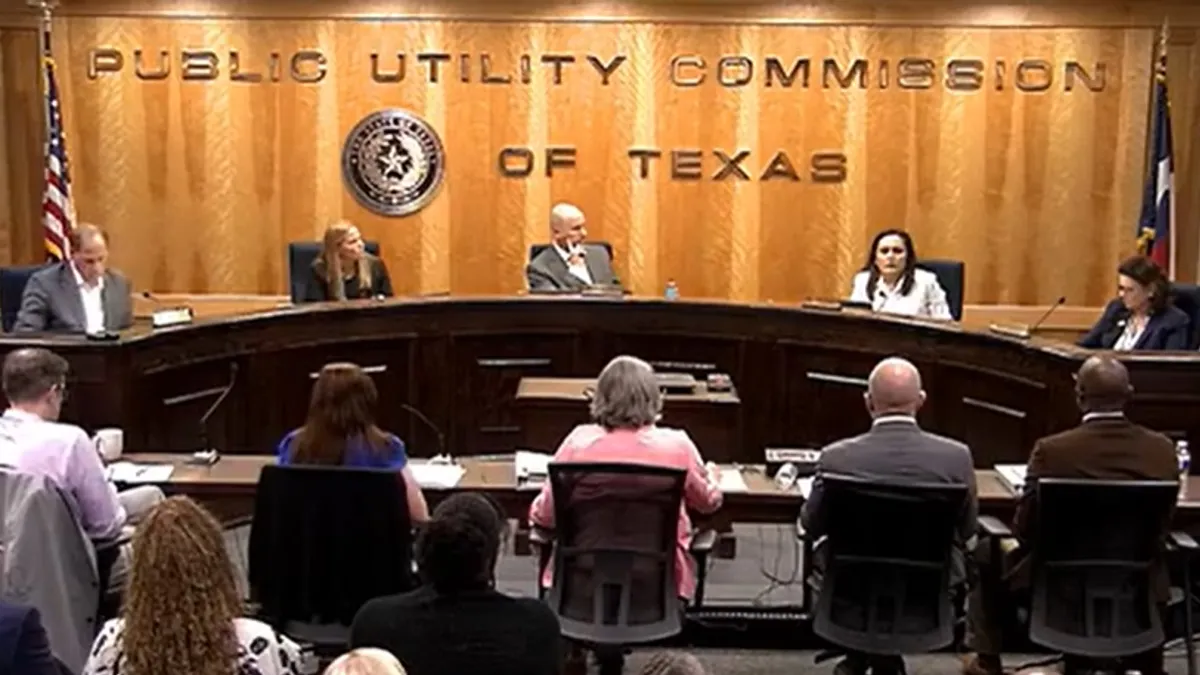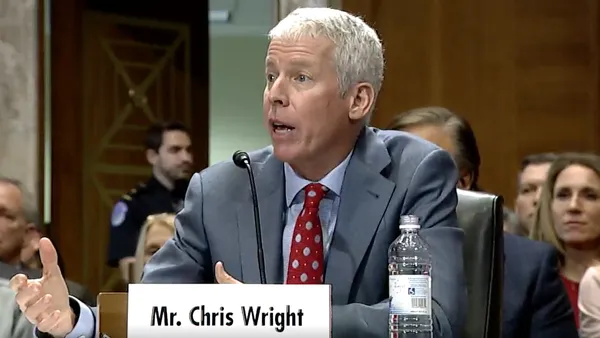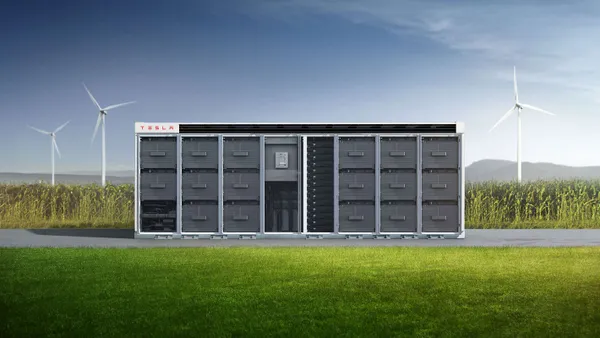Dive Brief:
- Is FERC too deferential to gas pipeline developers proposing new projects? That's the question asked by SNL Energy, which points out that approvals are on the rise and pipeline project submissions increased from 2014 to 2015.
- While pipeline developers in many areas of the country are rushing to propose infrastructure, projects are failing to show they are needed and will be subscribed, say concerned observers.
- According to the Union of Concerned Scientists, there is a potential for an overreliance on natural gas, with total projected demand expected to increase by almost 18% between 2013 and 2040 as the country moves away from coal and takes on tighter environmental restrictions.
Dive Insight:
Buoyed by cheap shale supply and the Clean Power Plan, natural gas consumption could significantly increase over the next few decades. And while pipeline developers are moving quickly to install transportation networks, some are wondering if they are moving too quickly.
Carolyn Elefant, an attorney who represents private parties in pipeline cases, spoke earlier this month at a conference by Institute for Energy Economics and Financial Analysis. According to SNL Energy, she said there is a possibility pipeline capacity could outstrip shale gas production, leading to unused capacity and abandoned infrastructure.
There were 26 pipelines approved in 2014, and another 20 proposed, Elefant said. The next year, 30 were approved, out of 54. "There are definitely more cases," she said. The risk, Elefant believes, is an abuse of eminent domain rules for projects that are not necessary, and abandoned infrastructure left behind on private property.
The Union of Concerned Scientists warned last year of an "overreliance" on natural gas, helping to fuel the rapid pipeline expansion Elefant discussed. According to UCS, without any new regulations gas use is projected to increase by almost 18% between 2013 and 2040, with almost half of that coming from the power sector. In some states, virtually all of new capacity coming online by 2017 is fueled by natural gas, the group said.
According to a report UCS released in October, many states are at risk of “overreliance” on natural gas in several categories, including gas' share of overall capacity, projected gas capacity, percentage increases in generation, and emissions.
Among UCS' fears, the group warned significant additions of natural gas capacity may lock states in to investments in power plants and pipelines, “whose costs and losses when idled, underused, or abandoned may be passed through to customers.”














